The iconic series “The Sopranos” didn’t just happen by chance; it was born out of a compelling speech from ABC executive Lloyd Braun to the show’s creator, David Chase. Braun believed that Chase had a remarkable TV show in him, and he encouraged him to bring it to life.
Initially offered the opportunity to create a television series akin to “The Godfather,” Chase declined, aiming to avoid the clichés of overcoats and 1940s cars. However, as Chase drove home after the meeting, he remembered an idea for a feature film he had once pitched.
This idea had the potential to add a personal and captivating touch to Braun’s concept, focusing on a mother character similar to Chase’s own. In his own words, Chase explained, “My mother was an eccentric, very morbid person, so I found myself in therapy.” This recollection led to the creation of one of the show’s most pivotal characters, Livia Soprano, portrayed by Nancy Marchand.
Livia Soprano’s character was deeply inspired by Chase’s mother. She was eccentric and had a morbid streak that resonated with him, prompting him to craft a character based on her. As Chase recalled, “I got this idea of [pairing Livia] with a gangster.
Because, to see a tough guy like that having to contend with a tough woman like that might be interesting.” This creative spark was combined with Lloyd Braun’s suggestion of a gangster-themed TV series, resulting in the outline of a story about “a mobster who goes to therapy because his mother’s driving him crazy, and the therapist helps him to realize that his mother is his enemy.”
This unique link between Tony Soprano (James Gandolfini) and his mother became the core of “The Sopranos,” encapsulated by the show’s tagline, “If one family doesn’t kill him, the other family will.”
David Chase’s vision was clear from the outset. Season 1 introduced Tony as he ascended to the role of acting boss of the New Jersey Mob. Simultaneously, he relocated his mother to a luxurious “retirement community.” As per Chase’s original pitch, Tony grapples with the reality that his primary antagonists are not rival mobsters but his mother and uncle, who are hiding in plain sight among his other mob-related foes.
The first season set the stage for a story with an established premise and ample room for series-long development, emphasizing that Chase had a well-defined plan for the show.
The subsequent season saw a strained relationship between Tony and his mother, marked by their refusal to speak to each other. Tony’s misguided gift of stolen plane tickets to Livia brought the FBI closer to capturing him than ever before.
David Chase recently shared on the Talking Sopranos podcast that Season Three had a plan for Livia’s character, which was never realized. The plan involved her being caught with stolen plane tickets and testifying against Tony in court, ensuring that their tumultuous relationship would persist.
However, this plan did not come to fruition as intended.
Tragically, two months after the end of Season Two, actress Nancy Marchand, who portrayed Livia Soprano, passed away in June 2000, just one day before her 72nd birthday. While her death was a significant loss, it also coincided with the opportunity for the show’s writers to adapt the third season to account for her absence.
In an effort to maintain narrative control, Livia appeared for one final scene before her off-screen passing and subsequent funeral. As Chase explained, it was essential to remind the audience that she “was rather unloving toward [Tony],” a crucial element of their relationship.
While the show’s use of VFX to bring the actress back to life for this scene had its limitations, including issues with continuity and a perceived disconnection between her head and body, the series was able to maintain a semblance of control over the narrative, enhancing its eerie atmosphere.
Despite her actual absence, Livia Soprano’s presence continued to resonate throughout “The Sopranos.” Tony admitted to his therapist, Dr. Melfi (Lorraine Bracco), that her death brought him a sense of relief, particularly due to her involvement with the FBI. This revelation underlined the complexity of his relationship with his mother and signified that her influence would persist even after her death.
The show’s writers ensured that Livia’s presence was felt in Tony’s life, primarily through his Freudian relationships with women who bore similarities to his mother in various ways. Dr. Melfi, his various mistresses, and even his wife, Carmela, all showcased aspects of Livia’s influence on Tony.
In the prequel movie “The Many Saints of Newark,” Livia was portrayed by Vera Farmiga, who wore a prosthetic nose to resemble Nancy Marchand and evoke parallels between Livia and Carmela.
The unexpected death of Nancy Marchand profoundly impacted “The Sopranos,” but it also revealed the show’s resilience and creative adaptability. Livia’s character continued to loom large over Tony Soprano and the series as a whole, leaving an indelible mark on the legacy of this groundbreaking show.
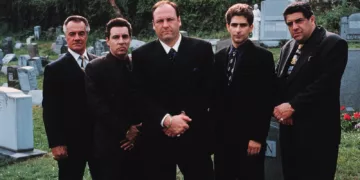







































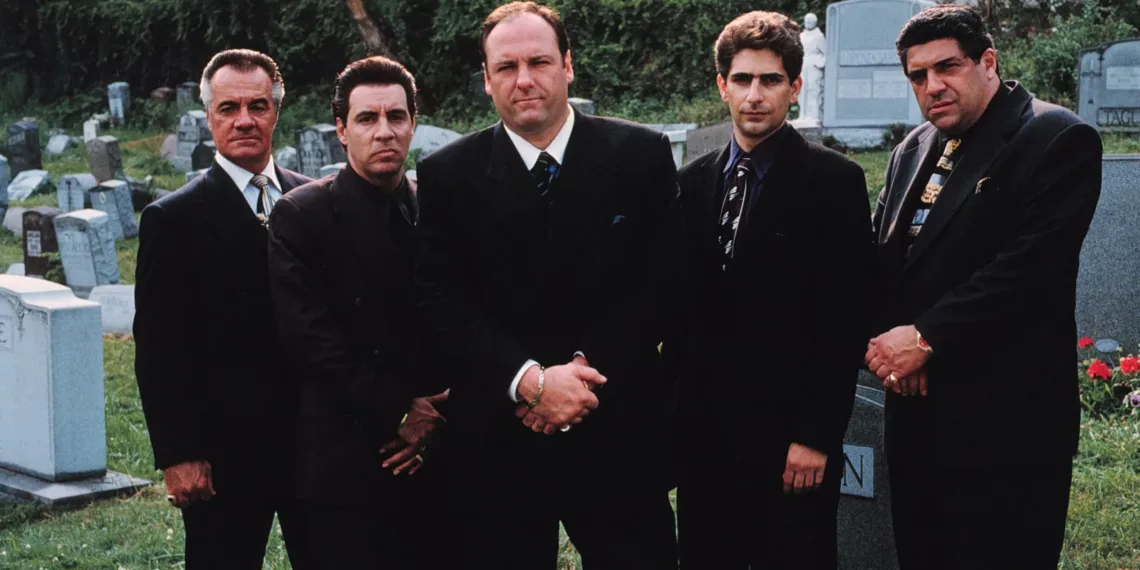
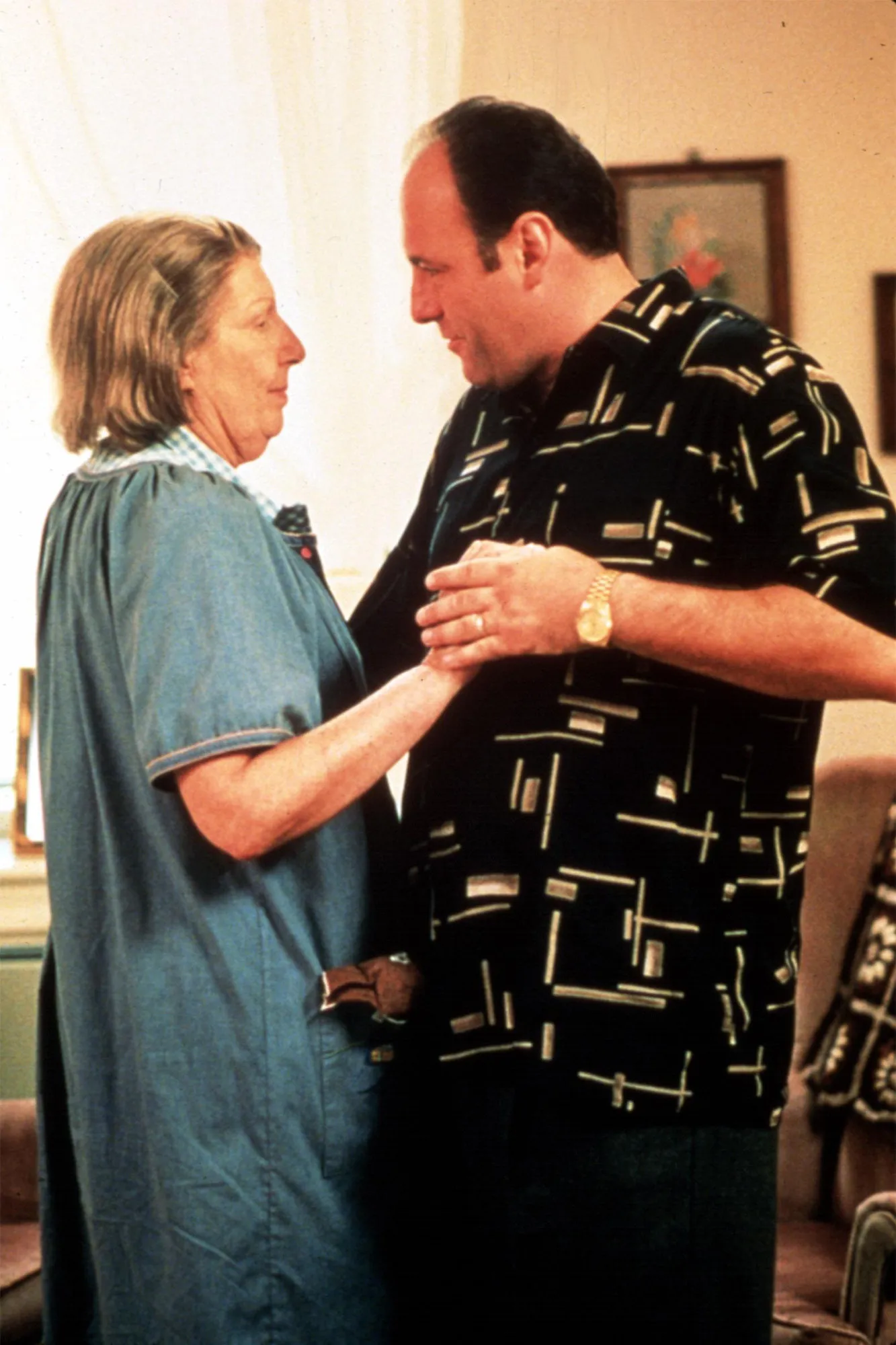
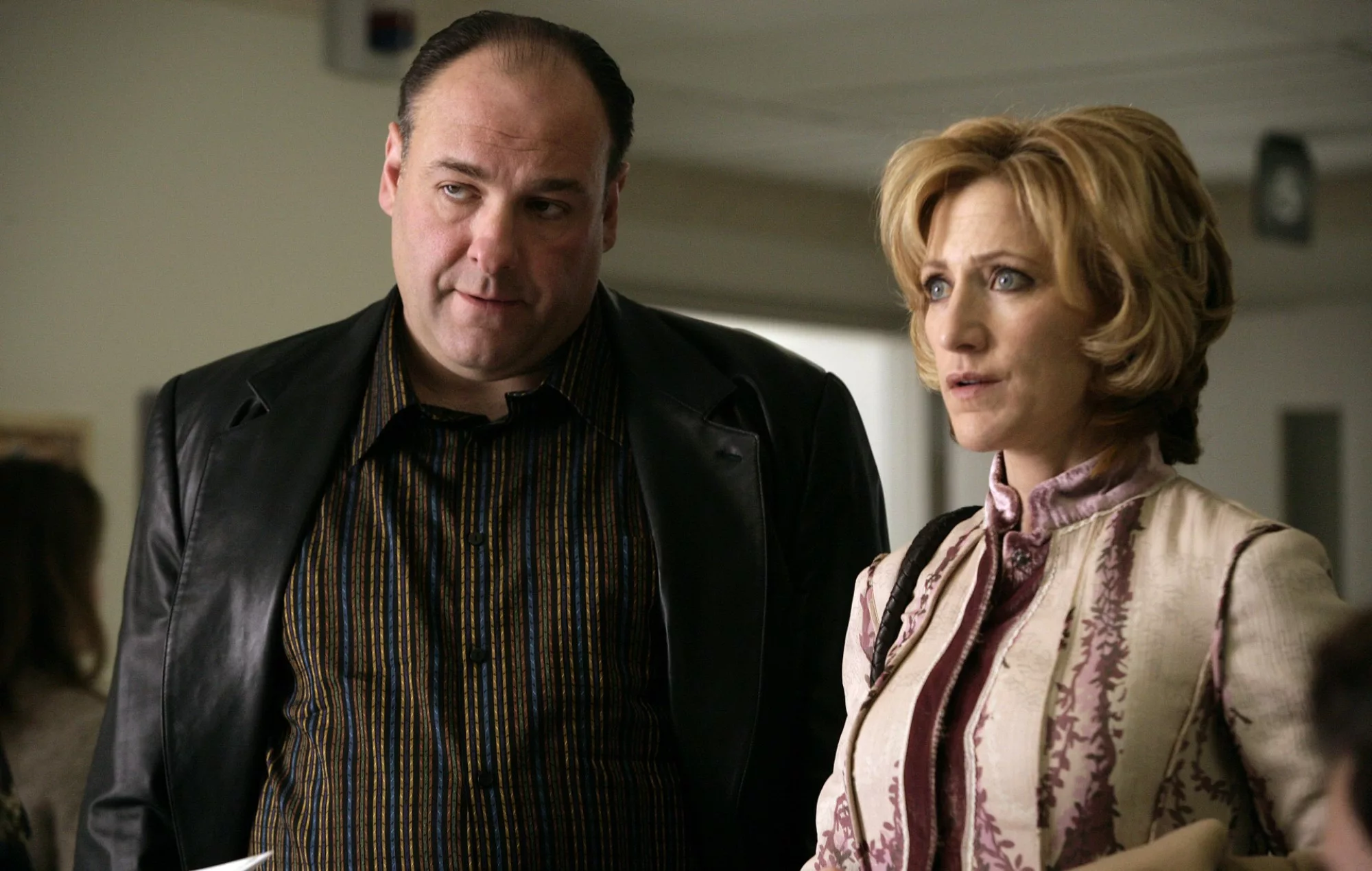
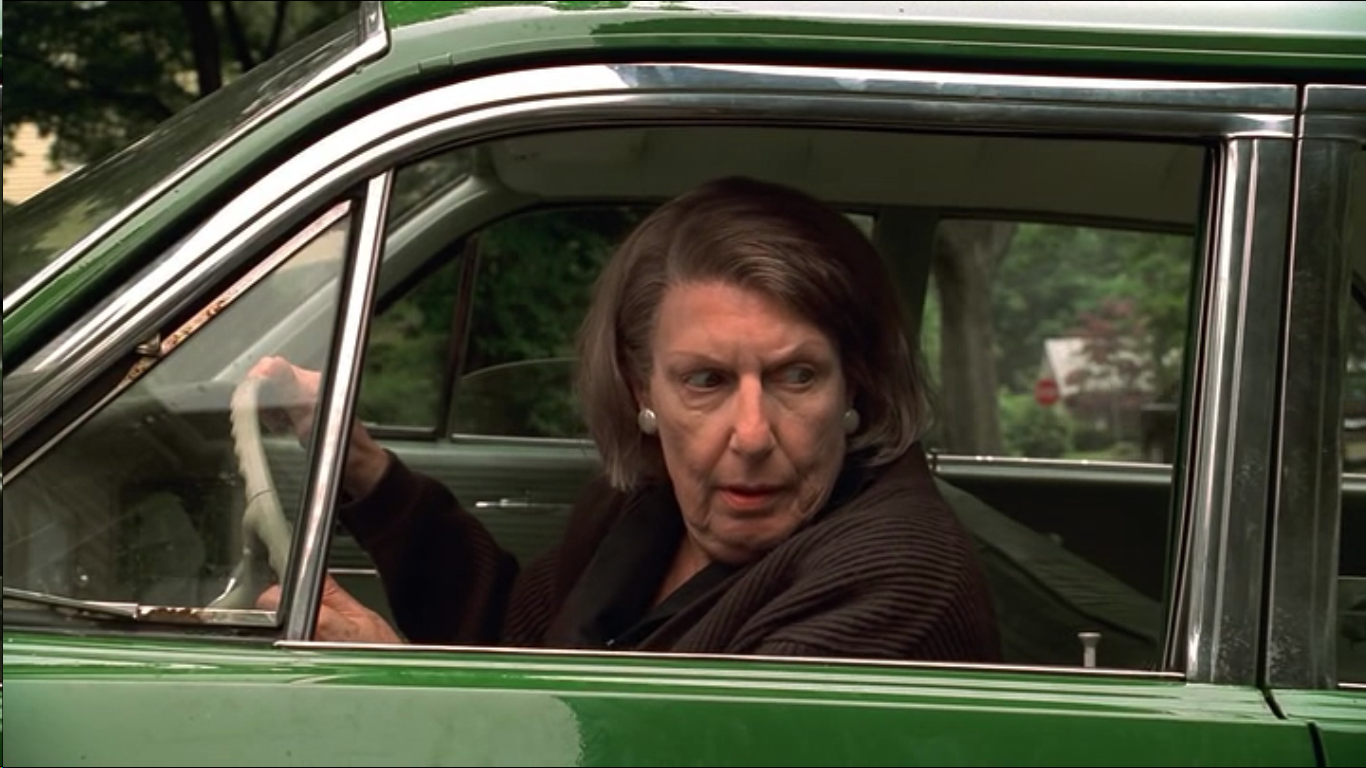








Discussion about this post